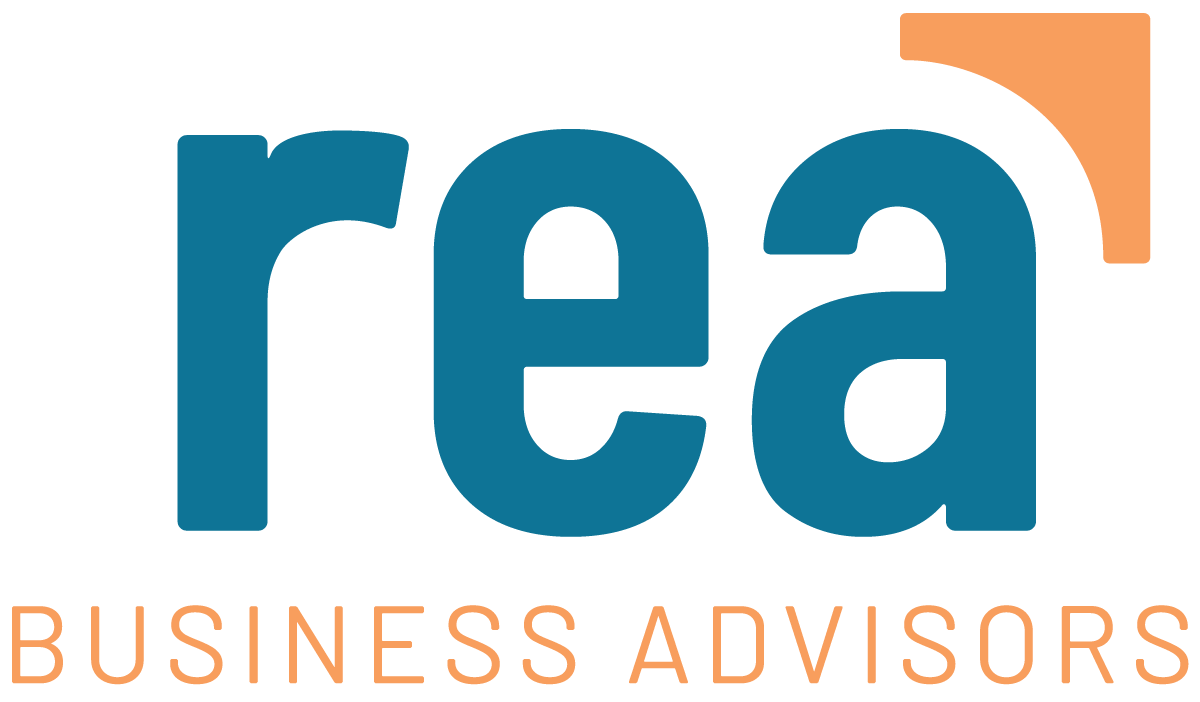
As we conclude our budgeting series, it’s time to bring together all the insights and strategies we’ve discussed to help you achieve financial mastery. Living within a budget is not just about limiting spending; it’s about empowering yourself and business to make informed financial decisions, setting and reaching financial goals, and ultimately creating a secure and fulfilling financial future. In this final installment, we will explore practical tips and real-life applications to ensure that you can confidently navigate your financial journey and maintain a balanced budget with ease.
Being financially savvy is essential for effective budget management. It empowers you to manage your budget with confidence, make informed decisions, and set realistic goals while reducing stress, and providing financial flexibility. In a rapidly changing environment, financial savvy ensures you can adapt and thrive, ultimately helping you build a secure and prosperous future.
Budget Discipline: Key Elements and Practices
With your budget in hand, your challenge now is to work diligently to stay within it. To do this successfully requires continuous assessment and reallocation of funds. There is a delicate balance between sticking to a budget and losing out on unexpected opportunities. While it is important to stay within budget, if a great opportunity presents itself, you want to be able to exploit it. Key Elements in budget discipline include:
Commitment: Your budget was set with clear goals which have considered the business’s short- and long-term financial needs. A key part of commitment is motivation. To stay motivated to meet your budget, set clear goals, track progress and celebrate achievements. Motivation can help the business stay focused, overcome challenges and maintain discipline.
Consistency: Monitor spending regularly. Consistency in monitoring your budget is crucial because it ensures you stay on track with your financial goals, promptly finds and addresses any overspending or financial issues, and allows you to make prompt adjustments. Regular monitoring helps support discipline and promotes better control, leading to greater stability and progress towards financial goals.
Self-Control: Avoid impulse buying and resist the temptation to make unplanned purchases, both can derail your budget. Sticking to your plan ensures that spending aligns with your priorities and supports long-term goals and success.
Flexibility: Be willing to adjust as needed for business changes. Flexibility in budgeting is essential because it allows you to adapt to changes in income, expense or financial goals. It helps you manage unexpected costs and adjusts your plan as needed, ensuring that your budget remains realistic and effective.
Accountability: Conduct regular financial reviews to effectively track and monitor progress to your budget. This ongoing evaluation helps identify discrepancies. Holding your team accountable to a budget is crucial to ensure financial discipline, aligning spending with organizational goals. Accountability fosters a sense of responsibility, encourages careful financial planning, and contributes to the overall financial health and success of the organization.
Read the First Part of the Budgeting Series
Expanding Your Financial Horizon: Why Looking Beyond Your Budget Matters
While a well-structured budget is essential for managing your business, looking beyond it is equally important for long-term success. Examining factors outside your current budget helps you prepare for future financial goals, uncover new opportunities, and manage risks more effectively. The ability to look ahead provides a more comprehensive approach to planning, you don’t want to get so focused on your short-term budget that you fail to take advantage of a great long-term prospect. The ability to adapt to changes and refine your financial strategy will allow your business to achieve greater financial stability and growth.
Living within your budget is crucial for maintaining financial stability and achieving your immediate goals, but looking beyond it is essential for long-term success and growth. By balancing disciplined budget management with a forward-thinking approach, you can prepare for future opportunities, manage risks, and adapt to changing circumstances. Embracing both perspectives ensures a well-rounded financial strategy, leading to greater security and prosperity in the years ahead.
Does your business need help developing a disciplined budget process that offers insight to long-term financial planning and future opportunities? At Rea, our advisory firm’s expertise can help ensure your business maintains financial stability while positioning itself for growth and adaptability in a dynamic market. Allow us to lead you towards a more secure and brighter financial future.



